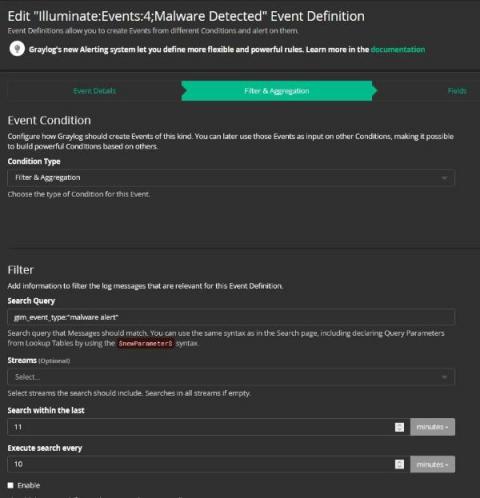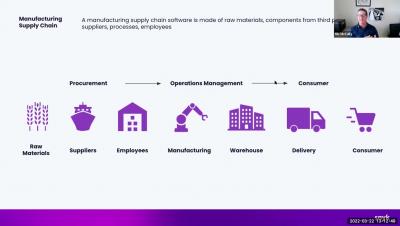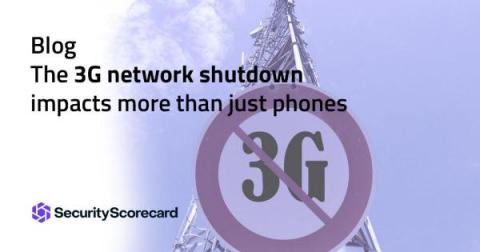Security | Threat Detection | Cyberattacks | DevSecOps | Compliance
Risk Management
Working with At-Risk Businesses: How It Can Dismantle Your Zero Trust Strategy
Nowadays, building a zero-trust network has become a standard protocol in the era of evolving business models, multiple workforce platforms, cloud adoption, and increased device connectivity. But, if a business continues to work with at-risk organizations, the zero-trust policy crumbles. Working with well-secured third parties that uphold a zero-trust strategy is crucial for optimal cybersecurity within any business.
Operationalize Risk and Compliance with the Reciprocity ROAR Platform
How to Mitigate Risks in Software Supply Chain Security
Move aside, Conti, Lapsus$ coming through!
-In the hours after news broke that Lapsus$ claimed to have breached Okta, an enterprise identity and access management firm, SecurityScorecard’s Threat Research and Intelligence team conducted a rapid investigation into Lapsus$ to provide customers and partners with the very latest in actionable security intelligence and insights related to this emerging cybercrime group. -Lapsus$’s targets have quickly evolved from Brazilian and Portuguese organizations to high-profile U.S.
SEC's Proposed Disclosure Amendments: Are You Impacted?
On March 9, 2022, the Securities and Exchange Commission (SEC) announced proposed rules and amendments to enhance and standardize disclosures regarding cybersecurity risk management, strategy, governance, and incident reporting. These proposed amendments impact all public companies subject to the reporting requirements of the Security Exchange Act of 1934. To summarize this proposal and learn how to successfully prepare for them, read on.
How Managed Risk Best Addresses the Three Pillars of Cybersecurity
What Sets SecurityScorecard Apart!
The 3G network shutdown impacts more than just phones
As you have probably heard, 3G is phasing out. On February 22, AT&T shut down its 3G network. T-Mobile Sprint will retire its 3G network next week on March 31, 2022. Verizon, the last of the pack, will retire 3G by the end of 2022. What does this mean for your business and your security? The obvious answer is that older phones should be replaced as soon as possible, but the 3G shutdown’s impact will reach beyond phones, and that reach may affect your organization’s security.











